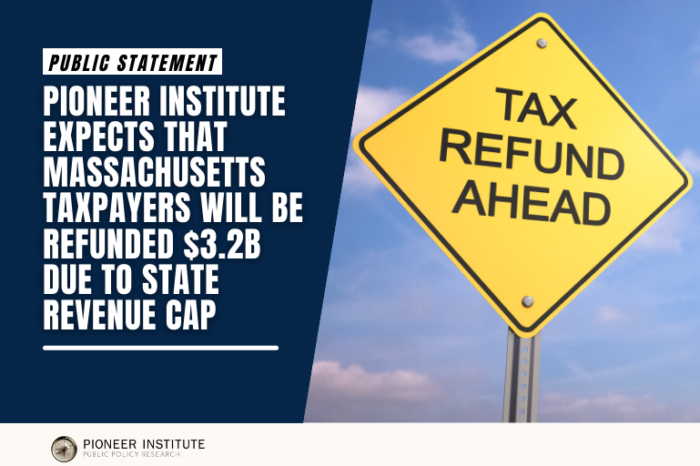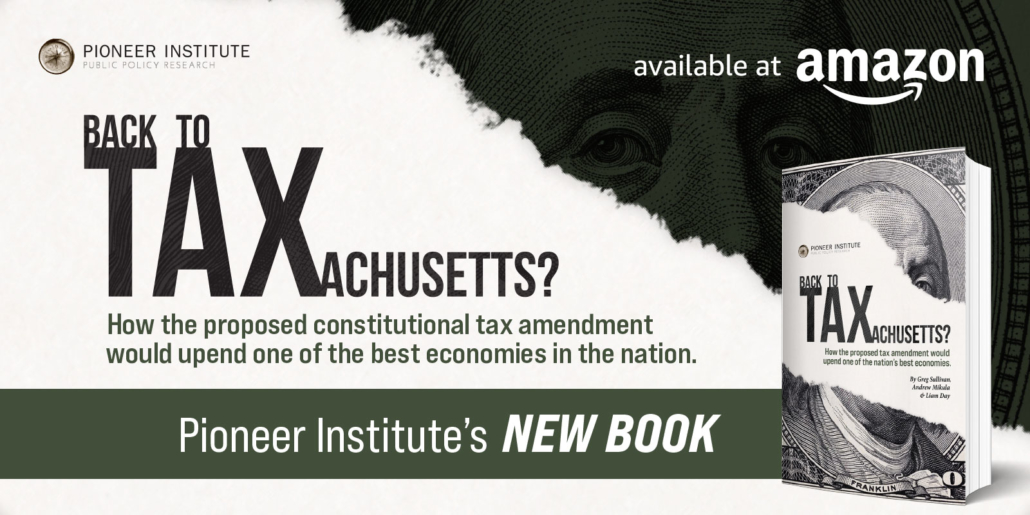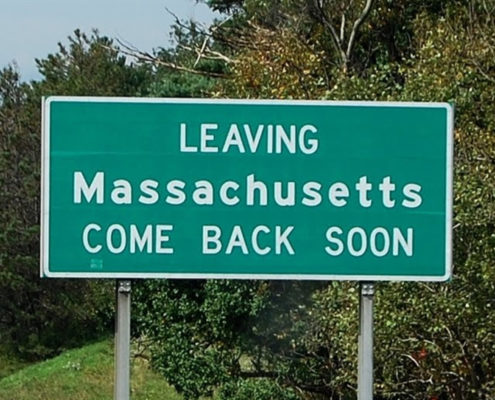Pioneer Institute Expects That Massachusetts Taxpayers Will Be Refunded $3.2B Due To State Revenue Cap
Pioneer Institute projects that the state will refund approximately $3.2 billion to taxpayers due to a state law sponsored by Citizens for Limited Taxation and voted on by taxpayers in 1986 that caps the amount of revenue the state can collect in any given year.
Under the cap, state revenues are limited based on the average growth of wages and salaries during the previous three years. While the Department of Revenue has disclosed collections through May, the state’s fiscal year ended on June 30 and June revenues are not yet available. To estimate the refund to taxpayers, Pioneer replicated the calculations prepared by the state auditor in prior years to determine if a refund was due and estimated June revenue based on historic trends.
The state auditor is required by law to perform the calculation annually based on information supplied by the Department of Revenue. This is the first time in decades the state will return money to the taxpayers.
“We’ve hit a tipping point where Massachusetts taxpayers have maxed out their obligations to fund state government,” said Pioneer Institute Executive Director Jim Stergios. “The lesson is: stable tax laws allow the economic growth that generates these giant government surpluses. So why are we even considering tax hikes?”
Get Updates on Our Economic Opportunity Research
Related:











